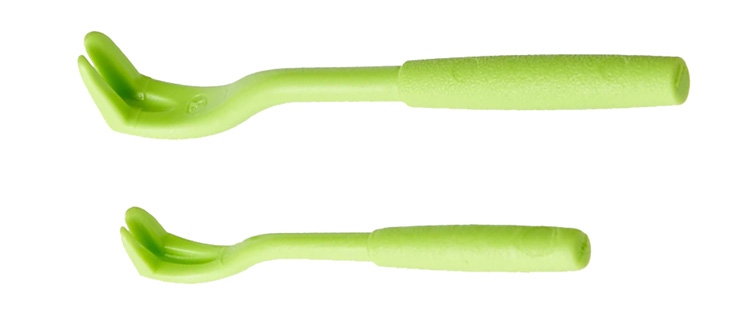Fireworks prep
Get ready for fireworks season
Welfare

How to remove and identify ticks
Ticks are a parasitic arachnid which are picked up in long grass especially where deer are also grazing. Dogs are quite susceptible as they walk through long grass in the countryside, but humans can get them too.
The ticks burrow into skin and feed on blood, falling off again once full. However the process isn't all one way so there is a small chance of infection from a tick bite, including Lyme Disease. The sooner you remove a tick, the lower the chances of infection, so it is important to learn how to remove them safely, however squeamish they make you feel!

There are quite a few old wives' tales for tick removal: vaseline/smothering, burning or freezing doesn't work and can be detrimental – you need to remove them completely using a bespoke remover or tweezers. Of course, the insects don't want to give up their food source easily and will cling on, so there is a little technique to it. Tick removers do make this easier to perfect, and you can buy these in pet shops, vet clinics, and usually in pet sections of supermarkets too.

The charity Lyme Disease UK have an easy-to-follow removal explanation on their website, plus lots more information on Lyme Disease. » Click here to read about how to remove a tick.
Ticks are very interesting creatures, with fossilised examples going back 100 million years. We have several species of ticks here in the UK, and you can learn to identify them using Bristol University's online guide. » Click here to read about different species of ticks.
Once you have removed a tick, you can send it to be part of a national surveillance scheme. Fill in a short form and post the tick to them, and you will receive a message back about what species it was. » Click here for more details about the surveillance scheme. This link also has lots of Government advice about ticks and safety.